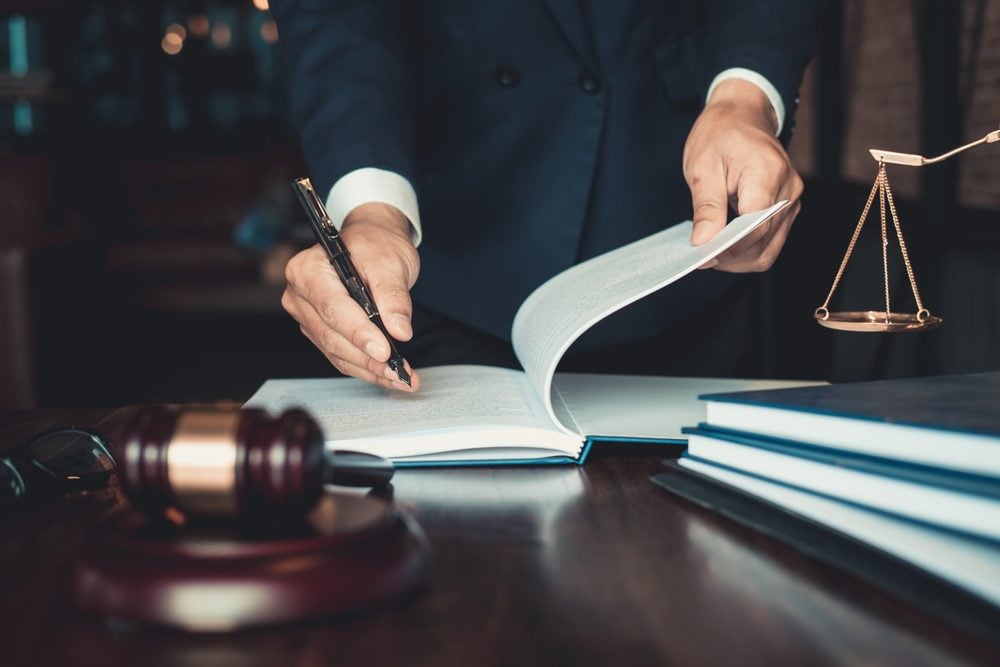When you need a lawyer, the choices are often overwhelming. How do you determine who you should trust? What are the questions you should ask? Here are some suggestions to get you off to a good start.
1. What kind of experience do I require for this situation? If not, what experience is required?
There aren’t many lawyers who have experience in every type of case. It is essential to choose an attorney with experience in the specific area of law relevant to your situation. A family law attorney is needed to file for divorce. An attorney who has expertise in personal injury is essential for those who have suffered injuries during an accident.
2. Where can a lawyer practice?
It is vital to find out where the attorney is located, especially when you have to attend court. If you require someone who is familiar with regulations in your locality or county Choose a lawyer that has a local practice. It is also crucial to consider how far you will need to travel to meet with your client or take depositions.
3. What is the cost that a lawyer will charge?
The majority of lawyers charge per hour, but some may offer a flat rate for a specific service. It is important to find out how much the lawyer will charge you and what services they will include in their cost. Certain lawyers might also require retainers, which are an advance payment that ensures the lawyer’s availability for your case.

4. What is the lawyer’s reputation?
Don’t simply take the lawyer’s word for it. Ask around and see what other people have said about the lawyer. Also, you can look up the reviews and ratings on websites.
5. How easily can the lawyer be reached?
It is vital that you are able to contact your lawyer. Find out when they are available and what communication methods they use (phone or email, or text). If you have a legal emergency It is crucial to be aware of when the lawyer will be available.
6. What type of personality does the lawyer possess?
Law is a profession that requires excellent interpersonal skills, therefore you’ll need to find an attorney who can work effectively with you. A lawyer must be able speak clearly and you need to feel comfortable discussing your case.
7. Are the lawyers licensed to practice in my state?
Each state has its own licensing legal requirements for lawyers. You should ensure that the lawyer you choose can legally practice in the state you reside in.
8. What is the typical fee structure for an attorney?
You could ask for a breakdown of the fees to learn more about the things you’ll need to cover. This lets you plan your budget in advance, which can help you save money later.
9. How much time can the lawyer invest in my case?
It’s a vital point to make, especially when your lawyer wants to work on your case after you have paid. You’ll also want to know whether the case is ongoing or just one-time. Some lawyers may not be willing or able to pursue the case if it drags for longer than you expected.
10. How can you stay updated by your lawyer on the case?
You’ll need a lawyer that regularly updates you and keeps you informed of what’s going on at all times. You may want to ask for the timeline of events in the near future including court dates , as well as the procedure to meet deadlines.
11. Do they have experience with cases similar to yours?
Choose a lawyer who has experience in dealing with similar cases as yours. This gives you the best chances of an outcome that is successful.
12. What are the legal qualifications?
You should ensure that the attorney you choose has the necessary qualifications for the particular case. For instance, you’d like an estate planning attorney to be a certified public accountant (CPA) or a licensed attorney in good standing with the bar association in the state.
These are important questions that you should ask any lawyer before deciding hiring them. You should check out rates and comparisons, fees and experience levels before making a final decision.
For more information, click Jussie smollett attorney
